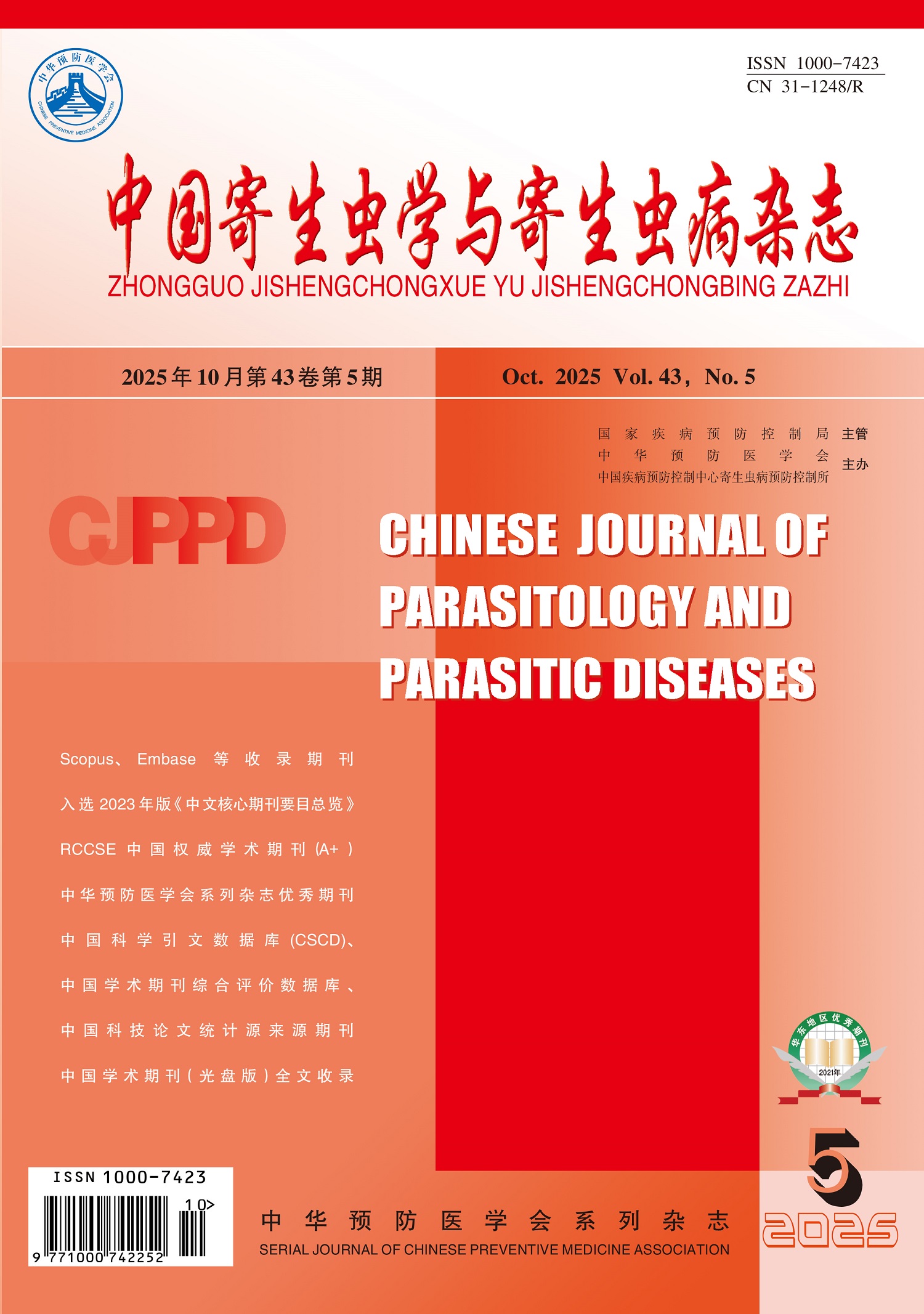
In accordance with the ethical guidelines of the International Committee of Medical Journal Editors and COPE, this journal formulates the following provisions on the roles and responsibilities of reviewers:
1. Agree to only peer review articles in the same areas of their expertise. Provide accurate and true information in expertise, personal and major details. Refrain from just seeing the manuscript but not to review.
2. Reply to the review invitation timely and review the manuscript within the specified time without delaying the publication of the article. Inform the editorial office in time if the review cannot be conducted or needs to be extended. Reply in time and provide the necessary information if you contact the editorial office about reviewing the manuscript.
3. Evaluate the quality, the results of research experiments, theory and explanations of problems of the manuscripts objectively, so as to maintain a high scientific standard and writing level in publications. Respect the independence of the author's thoughts and the enthusiasm of scientific research and innovation. Review comments should be constructive and should not be insulting, hostile or defamatory. It should not be affected by its origin, religion or political belief, gender, other characteristics of the author or business, and may not mark information such as name.
4. Maintain the confidentiality of the personal information of the editorial office and the author, and strictly keep confidential the relevant materials of the manuscript and the information contained therein. Before the manuscript is published, the reviewer shall not discuss the author's research work in public, embezzle the author's ideas, or make use of the knowledge to make profits for the reviewer. After submitting review comments, the reviewer should not communicate the contents of the manuscript with others.
5. Remind the author and the editorial office if data fabrication, tampering, plagiarism, improper image processing, unethical research, biased reports, abuse of authorship, repeated publication, unpublished conflicts of interest, and possible academic misconducts such as omission and misquotation are found during peer review, even if uncertain, so that the author and editorial office can further verify or give necessary explanations.
6. Pay attention to potential conflicts of interest when reviewing manuscripts because there should be no conflicts of interest between reviewers and authors or research sponsors. Examples of potential conflicts of interest include: the recent cooperation between reviewers and authors, the fact that reviewers and authors belong to the same research group, the direct competitive relationship between reviewers and authors, the personal conflict or close personal relationship or ongoing communication between reviewers and authors, and the fact that reviewers are involved in economic interests related to manuscripts. As long as there is the possibility of prejudice, reviewers should voluntarily avoid participating in the peer review process and remind the editorial office to withdraw relevant reviews when necessary.
7. Avoid requiring authors to quote reviewers' own articles unless there is a strong academic basis.
8. Inform the editorial office whether to entrust the review to others. Counterfeiting another person during the review process is considered a serious misconduct.
9. Provide clear and reasonable rejection opinions for rejected manuscripts.
10. Refuse to review the manuscript if it is beyond the scope of professional competence.

